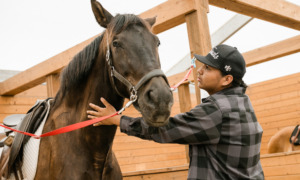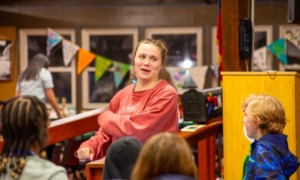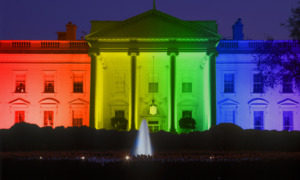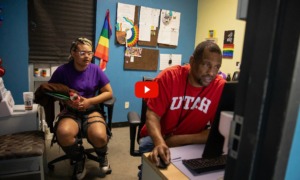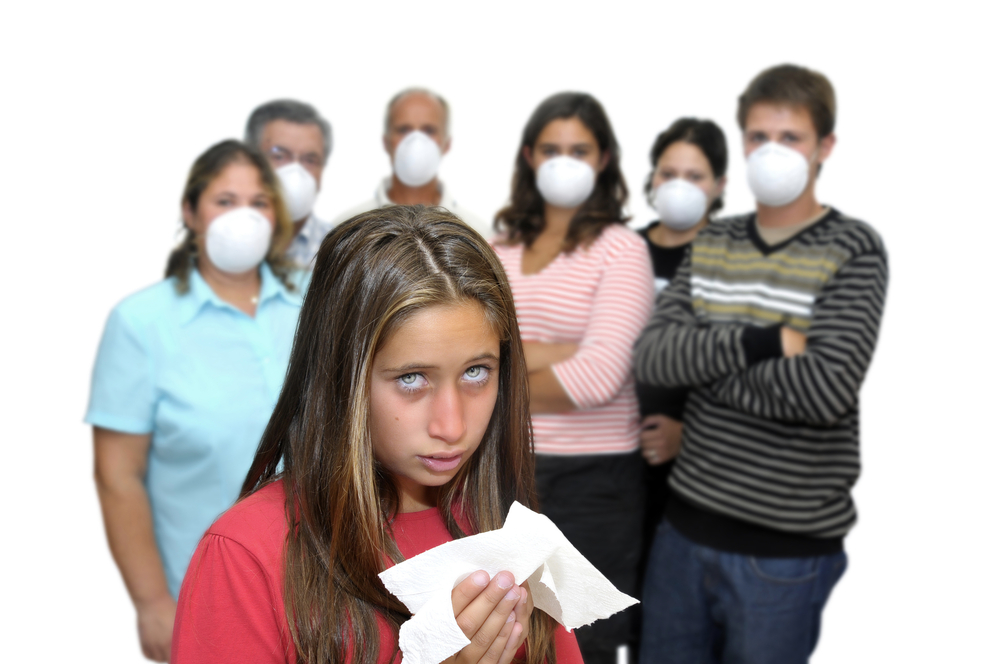
Luis Louro/Shutterstock
.
In New York and Washington, the two states hardest hit by COVID-19, officials are working with after-school and child care providers to make sure essential workers can find care for their children, even as providers struggle with huge financial and safety issues.
About 100 “regional enrichment centers” have opened in New York City to provide a place for children of people in critical occupations, said Kelly Sturgis, executive director of New York State Network for Youth Success, the state network of after-school providers. These centers can serve several thousand children, she said.
New York City closed its schools on March 16 along with city-funded after-school programs. Since then, after-school sites have been reopened as regional enrichment centers, giving priority to the children of health care workers, law enforcement officers and others in critical jobs.
Throughout the rest of the state, where schools are also closed, sites run by organizations like the YMCA and Boys & Girls Clubs are being used for critical child care.
The list of essential workers released by Gov. Andrew Cuomo includes the human services workers who staff child care centers, Sturgis said. These workers are very concerned about how to keep themselves and the children safe from infection, she said.
“We’re still trying to figure that out,” Sturgis said. The goal is to limit the number of children in each group to 12. And although cleaning and disinfecting is a priority, providers are afraid that cleaning supplies will run out, she said.
Waiving the rules
Normal rules that govern child care and after-school programs — such as requiring background checks for staff — are being waived.
“Regulations are being lifted to help cover emergency situations,” Sturgis said. The concern is that there will not be enough people to staff these sites, she said.
“[Officials] are thinking outside the box,” she said, but loosening regulations raises safety issues for her.
Schools in Washington state are also closed, which has a major impact on staff at health care facilities, fire and police departments, according to the Washington Office of the Superintendent of Public Instruction. School districts have been asked to provide child care at no cost to health care workers and first responders.
Many after-school programs in the state have closed: A rough survey of 156 after-school providers by School’s Out Washington, the state’s after-school network, showed that fewer than one-third were still open on Monday, said David Beard, the organization’s policy and advocacy director.
In order to provide needed care, the state is waiving some rules for child care providers, Beard said. Among other things, it’s looking at allowing unusual locations to be used, such as summer camp sites.
The state Department of Health is recommending that sites create greater distance among students through measures such as finding larger venues, staggering staff and student schedules and modifying seating arrangements. In addition to setting up hygiene stations and having frequent hand washing, providers are advised to increase ventilation and to prop doors open to avoid touching them. Regular temperature checks and symptom screening are also advised.
Workers fear for their safety
However child care workers told The Seattle Times they were very afraid for their health. They said kids cough in their faces and that the state’s directions for disinfecting surfaces aren’t sufficient around small children, who constantly put things in their mouths. They said there are no directives to wear protective gear such as masks.
To top things off, another enormous issue for workers is how to pay for their own health care.
Most after-school providers are part time, Sturgis said. “Most don’t have health insurance,” she said.
Washington has opened up its state health care exchange so that people can buy health insurance outside the normal enrollment period. The cost may still be out of reach, Beard said.
As after-school and child care sites close — even temporarily — workers fear they won’t get paid and that they will lose their jobs. For example, Whatcom Boys & Girls Club in Whatcom County, Wash., had to let part-time staff go, Beard said. The 21st Century after-school program at the Northwest Community Action Center in Yakima, Wash., was not able to pay its part-time staff, Beard said.
A few measures offer support. The Washington Department of Children, Youth and Families will pay providers who receive state child care subsidies through April, even if they have to shut down. After-school providers that contract with New York City will continue to be paid even if they have suspended services.
Another uncertainty is whether the largest federal funding stream for after-school programs will continue to flow during COVID-19 closures. The U.S. Department of Education has told states nothing about continuing 21st Century funding while programs are closed, said Erik Peterson, vice president of policy for the Afterschool Alliance.
In Congress, tense negotiations are under way on a third COVID-19 relief bill that could include support for the education sector, including after-school and child care providers. No firm compromise had been reached by early Tuesday.
Proposals in a bill by Democratic senators Patty Murray of Washington and Kirsten Gillibrand of New York could be a model for bolstering early childhood education programs, as well as lessening the impact of the coronavirus epidemic on teachers, students and school.
Beard said after-school and child care providers need support now so they will be able to reopen in the future.
“We want to make sure the child care business still exists,” he said. “We don’t want people laid off. We don’t want to lose a whole work force right now.”




